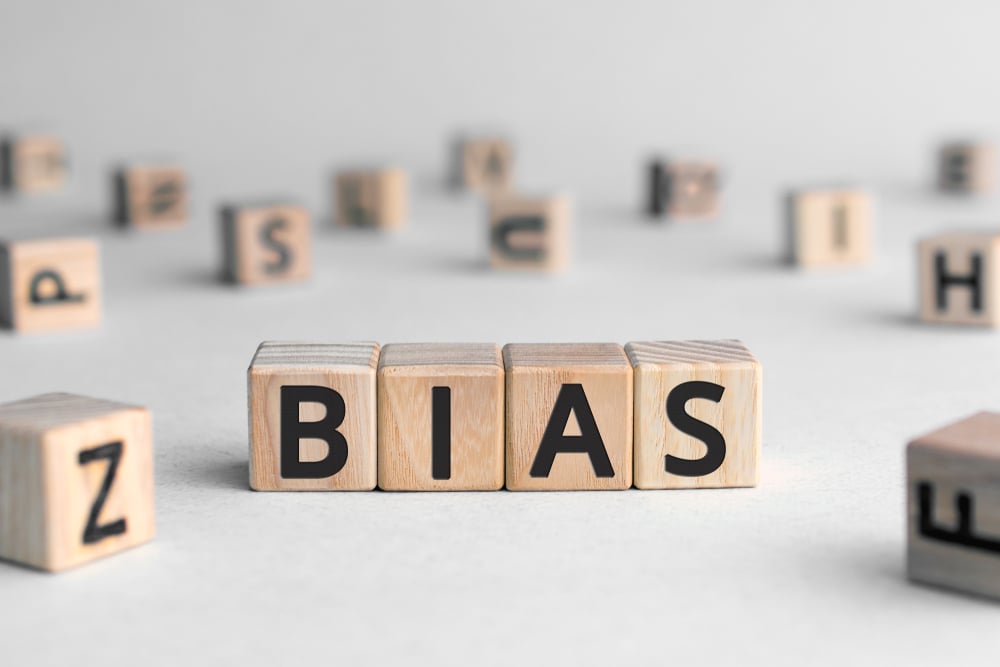Could discussing race during criminal trials reduce juror bias?

Image from Shutterstock.com.
Empirical studies show that discussion of race during trials and pretrial hearings reduces reliance on stereotypes, according to a paper published in the Seattle Journal for Social Justice.
Criminal defense lawyers can draw on psychological findings about race consciousness to reduce implicit bias by judges and juries, according to the paper’s author, Walter Gonçalves Jr., an assistant federal public defender in Tucson, Arizona. The Crime Report has a Feb. 10 summary of his paper, available here.
Although Gonçalves focuses part of his paper on combatting bias against Latinos, he also outlines strategies that can address bias against any minority client.
His strategies include:
• Pretrial motions and experts.
Pretrial motions to suppress evidence may allege that police officers used race as a basis for a search or may allege that cross-racial identifications are less reliable.
Experts witnesses can be called to help bolster those claims.
In the case of an officer accused of racial bias, the lawyer could introduce evidence of an officer’s record of arrests or witness accounts of interaction between the officer and defendant.
• Voir dire.
Defense lawyers can educate jurors about implicit racial bias in voir dire. One way to break the ice with jurors is for the lawyer to ask potential jurors to share a personal story about race.
Defense lawyers could also ask a judge to require potential jurors to take the Implicit Association Test, which reveals implicit bias.
Gonçalves also points to the tack taken by U.S. District Judge Mark Bennett of Iowa. The judge includes a discussion of implicit racial bias in a PowerPoint presentation to potential jurors before allowing lawyers to question jurors individually.
• Develop a narrative.
Defense lawyers can develop a narrative that promotes the client as an individual. Some examples include describing the client as a devoted husband, a loving father, a committed son or a dedicated employee. Character witness testimony can be used to boost the narrative.
In cases involving illegal entry into the country, defense lawyers can change the narrative by describing the life-threatening journey across the border or a quest to reunite with family, the paper says. Information about immigrants’ hard work and self-sacrifice can also decrease biases.
• Jury instructions.
Lawyers can request jury instructions that address implicit bias or racial stereotypes. Bennett uses an instruction before opening statements.
Part of the instruction reads: “I strongly encourage you to evaluate the evidence carefully and resist jumping to conclusions based on personal likes or dislikes, generalizations, gut feelings, prejudices, sympathies, stereotypes or biases.”
• Look within.
Lawyers should also be aware of their own implicit biases that could make them favor some clients over others, according to the paper. In public defender offices, triage standards could be developed that prioritize cases based on objective standards, such as custody status and speedy trial dates.



